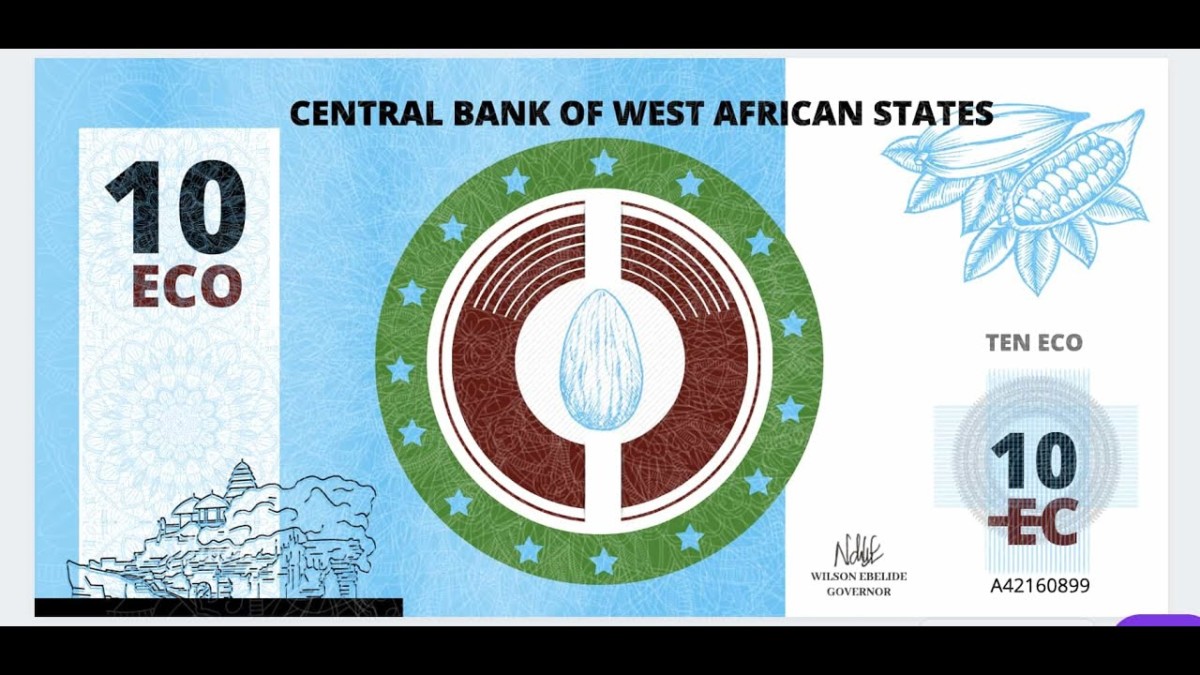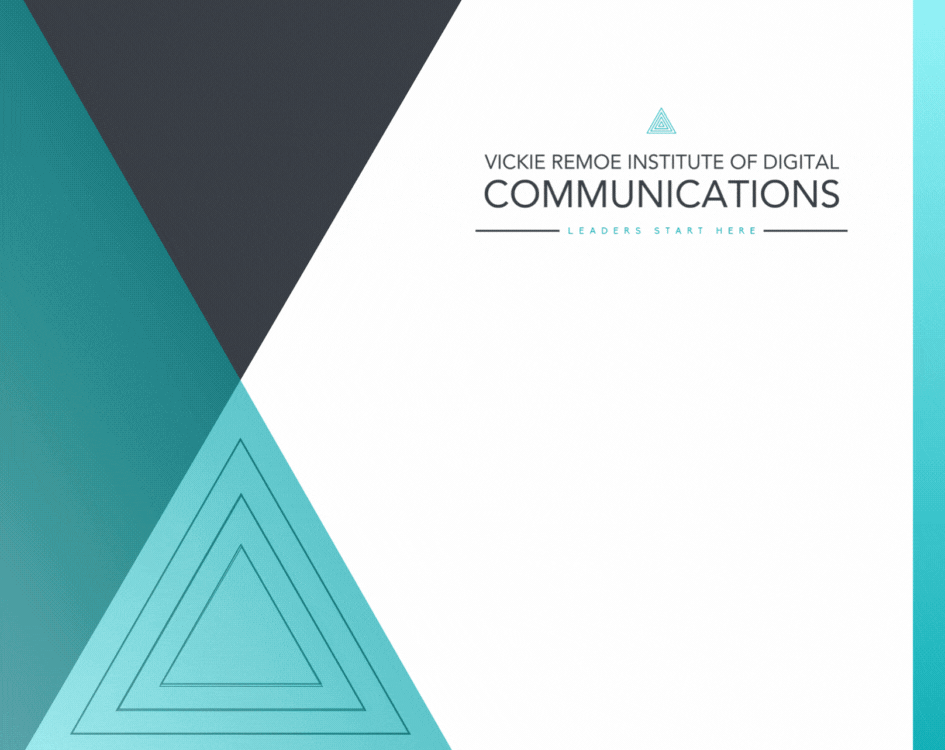
The ECOWAS Parliament on January 24 to 26, 2023, held its first parliamentary seminar of the year in Guinea Bissau. Discussions were centred around the “Common Currency and Inter-bank Payment System as Promoters of Regional Trade by 2027”.
The speaker of The ECOWAS Parliament, Hon. Sidi Mohamed Tunis, said they are embarking on these discussions because inter-regional trade is relatively low in the sub-region, adding that it accounts for just about 10 per cent of the exports and imports in member states.
Several reasons have been identified for this. Key among these is the “lack of a single currency across ECOWAS member countries” which is said to be the major challenge and a factor that aggravates transaction costs, according to Hon. Tunis.
He continued that having identified the challenges and sought ways to increase the volume of trade in the region, the seminar will address all other challenges and that they are determined to achieve a single currency by 2027.
He added that the seminar will provide Members of Parliament an opportunity to debate the new road map submitted by the ECOWAS Commission to the Authorities of Heads of State, make proposals, and provide recommendations guaranteeing the start of the monetary union in 2027.
“In conducting this seminar, we intend to take advantage of the expertise of resource prices from the ECOWAS Commission, West Africa Monetary Agencies – WAMA, West African Monetary Institute – WAMI, as well as other experts from the region who have worked painstakingly to produce high-quality report and studies on the single monetary process”, said Hon. Tunis.
He explained that the goods and services would be available, prices would decrease immensely, and effective regional trade would be enhanced if the single currency plan becomes a success.
In his remarks, the President of Guinea Bissau and Chairman of ECOWAS Authority of Heads of State and Government, H.E. Umaru Sissoco Embalo, said, the single currency will help encourage economic development in ECOWAS member states.
The ECOWAS Parliament economic expert, Dr. Alhassan Idrissu, said that the different inflation criteria and economic policies of different member states will be a great challenge for member states to achieve the single currency goal.
He said that two key convergence criteria have been very problematic in meeting the fiscal deficit criteria which require member countries to achieve a fiscal deficit of three per cent or less of GDP and the inflation criteria. He said these have proven very difficult to achieve.
Another problem he said is the challenge relating to economic integration which looks at the differences in national laws which makes currency integration a bit difficult due to disparity in national business, trade, and investment legislations.
Other representatives supported the move for a common currency by 2027 and promised lobbying in their respective countries to advance economic laws that support the system.
However, the Director of Brookings Global Africa Growth Initiative, and former Vice President of African Development Bank, Aloysius Uche Ordu, concluded in a blog: “An Evaluation of the single currency agenda in the ECOWAS region” that a single currency is certainly not the remedy for the region’s economic problems, citing among others, the Eurozone crisis, and IMF’s recent study of Africa monetary unions, in which simulations indicated that the proposed monetary integrations will bring net benefits to others, modest net gains for others, and sometimes net losses for others.
In 2022, ECOWAS announced that it was pushing the currency integration to 2027 because the covid pandemic had struck, and countries needed to work on stabilising the economies, according to the then President of the ECOWAS Authorities of Heads of State and Government, Jean-Claude Kassi Brou. The single currency was to be launched in 2020 after it was read and debated, and its name “Eco” was adopted during the body’s 55th Extraordinary Session in Abuja, Nigeria in 2019.
Earlier, Anglophone countries – Sierra Leone, Ghana, Nigeria, Gambia, Liberia, as well as Guinea rejected the proposal mainly over concerns of convergence criteria.
2 comments
Leave a reply
You must be logged in to post a comment.












… [Trackback]
[…] There you can find 74361 more Information to that Topic: switsalone.com/43627_ecowas-holds-extraordinary-seminar-on-adoption-of-single-currency-for-member-states/ […]
… [Trackback]
[…] Find More Information here on that Topic: switsalone.com/43627_ecowas-holds-extraordinary-seminar-on-adoption-of-single-currency-for-member-states/ […]